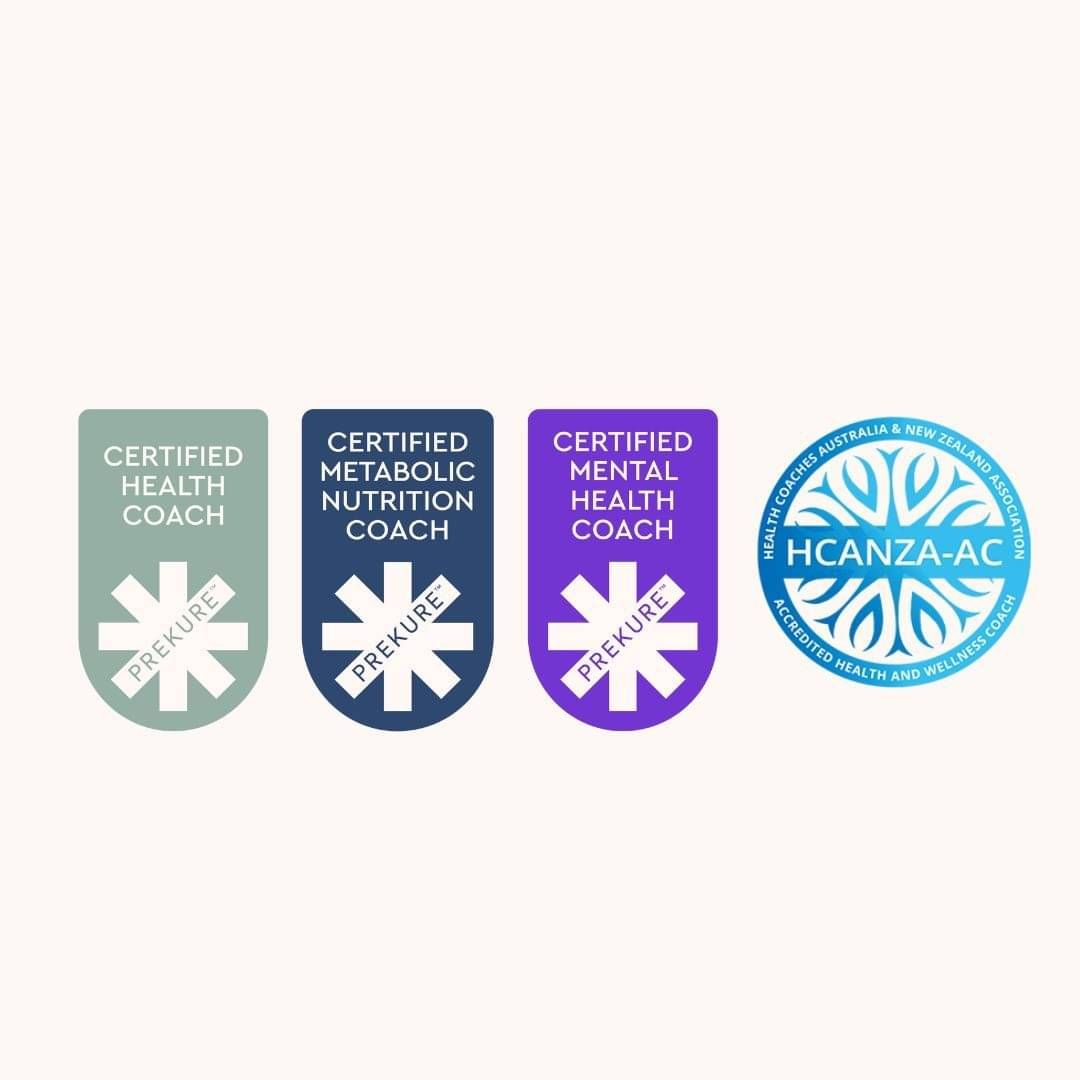From Critic to Coach: Transforming Self-Doubt into Inner Strength
She walks into the boardroom, dressed in quiet confidence, prepared with data, decisions, and direction. Yet somewhere beneath the tailored jacket and sharp intellect is a whisper she can't shake: "You’re not good enough."
This internal dialogue has a name. Or rather, many names: the inner critic, the imposter voice, the shadow self, the saboteur, or the doubt gremlin. For high-achieving women—especially those leading in corporate, medical, academic, or entrepreneurial spaces—this whisper can roar. And it often does.
What Is the Inner Critic and Imposter Syndrome?
The inner critic is the internal voice that questions, critiques, and second-guesses. It magnifies mistakes, minimizes accomplishments, and projects worst-case scenarios. For many women, this inner dialogue becomes the soundtrack of their professional lives.
Imposter syndrome, a close companion of the inner critic, is a psychological pattern in which individuals doubt their skills, talents, or accomplishments and have a persistent fear of being exposed as a fraud. Even when external evidence suggests success, internally, the belief lingers: “I don’t belong here.”
Why Are Women So Prone to This?
There’s no single answer—but a powerful blend of cultural, societal, and psychological influences plays a role.
Social Conditioning: From a young age, girls are often praised for being “good,” “helpful,” and “polite” rather than bold, assertive, or risk-taking. This can shape a need for external validation and perfectionism.
Double Binds and Bias: Women in leadership often walk a tightrope—if they're assertive, they're seen as aggressive. If they're collaborative, they’re perceived as weak. This constant negotiation of identity reinforces self-doubt.
Lack of Representation: When few people around you look like you, sound like you, or share your experiences, it’s easy to feel like an outsider or token—fertile ground for imposter syndrome to grow.
Internalised Patriarchy: Subtle messages about who deserves success, who is “naturally” suited for leadership, and what feminine success should look like can erode women’s self-trust over time.
The Many Faces of the Inner Critic
This voice can take many forms:
The Perfectionist: “It’s not good enough. You need to do more.”
The Underminer: “You’ll never match up. Don’t even try.”
The People-Pleaser: “Don’t upset anyone. Just keep the peace.”
The Comparison Queen: “Look at her—she’s better, thinner, smarter.”
The Fearmonger: “If you fail, everyone will find out you’re a fraud.”
Rather than being a single voice, the inner critic can feel like an internal committee, each with its own insecurities, rules, and fears.
Why We Shouldn’t Silence Her—But Transform Her
Here’s the thing: the inner critic isn’t bad. She’s protective. She often first appeared during childhood or adolescence to keep us safe from embarrassment, rejection, or failure. In many ways, she worked—we avoided risk, gained approval, and stayed in control.
But what once protected us now limits us.
Suppressing the inner critic entirely isn’t the goal. Understanding her is. When we learn to notice her voice, understand her motives, and challenge her messages, we gain the ability to choose a new narrative. The inner critic can evolve from saboteur to advisor—an inner compass whose wisdom we can consult without obeying blindly.
Transforming the Dialogue: From Critic to Coach
Here are science-backed and soul-aligned strategies for transforming the inner critic:
1. Name the Voice
Naming your inner critic externalises it. Whether it’s “Miss Perfect,” “Little Miss Never Enough,” or “The Judge,” giving her a name helps you step into the role of observer instead of participant.
2. Practice Self-Compassion
Dr. Kristin Neff’s work on self-compassion shows that women with high self-compassion experience less anxiety and greater resilience. Swap the voice of harsh judgment for one that speaks like a wise friend. Try: “You did your best, and that’s enough for today.”
3. Rewrite the Script
When the critic speaks, challenge the story. Ask:
Is this true?
What evidence supports or contradicts this?
What would I say to a friend in this situation?
Then reframe:
From “I’m not ready” to “I’m always learning, and I’m doing this anyway.”
From “I’m not enough” to “I bring value in ways that matter.”
4. Use the Inner Critic as a Guide
Instead of silencing the voice, ask: What is this part of me afraid of? Then respond with reassurance. The critic often signals growth. It flares up when you’re about to step outside your comfort zone. Learn to interpret the voice as a sign you’re expanding, not failing.
5. Celebrate Wins—Out Loud
Imposter syndrome hates light. Speak your wins. Track your progress. Share your success with others. Keep a “Victory Journal” or screenshot folder of praise, milestones, and moments of pride. Proof quiets the critic.
6. Surround Yourself with Voices That Lift
Imposter syndrome thrives in isolation. Find mentors, colleagues, and friends who reflect your brilliance back to you. Healthy mirrors remind us of who we are.
Final Word: You Are Not an Imposter—You Are Evolving
Every time a woman steps into her power, she challenges a system that told her to stay small. The inner critic will speak up—sometimes loudly—when she grows, changes, or claims her worth. But she is not your enemy. She is a messenger.
When you learn to hear her with compassion, respond with truth, and move forward with intention, something powerful happens:
You stop waiting to feel ready—and you start leading from who you already are.
You are not here by accident. You earned your place. And your voice—yes, even the one that doubts—is part of your becoming.


